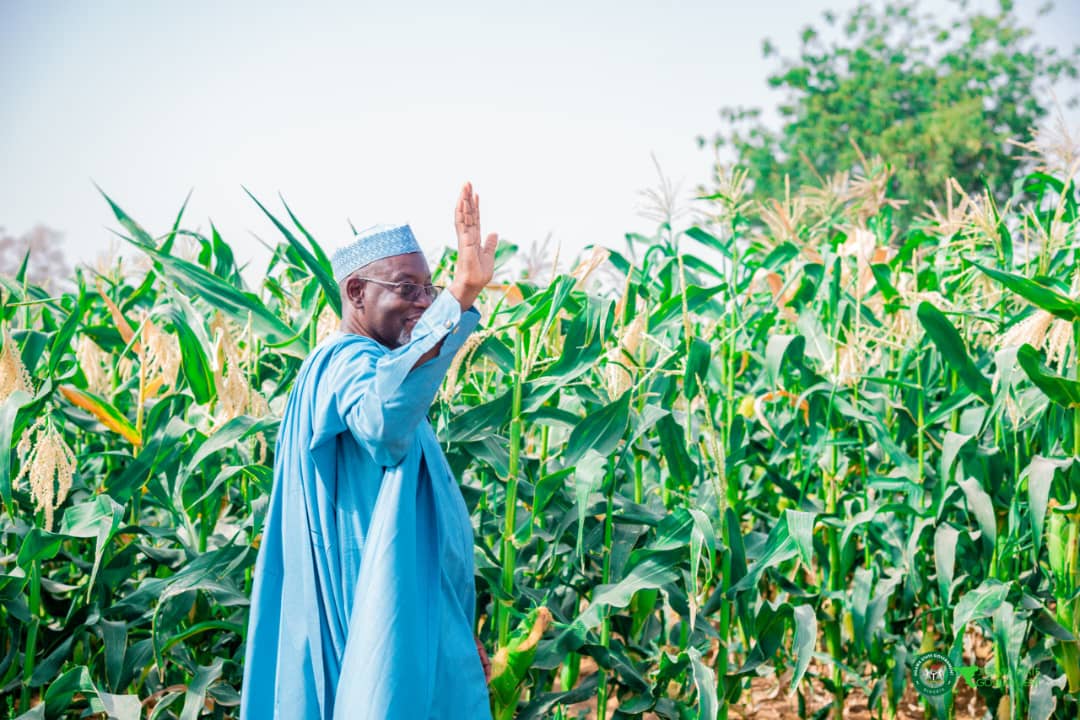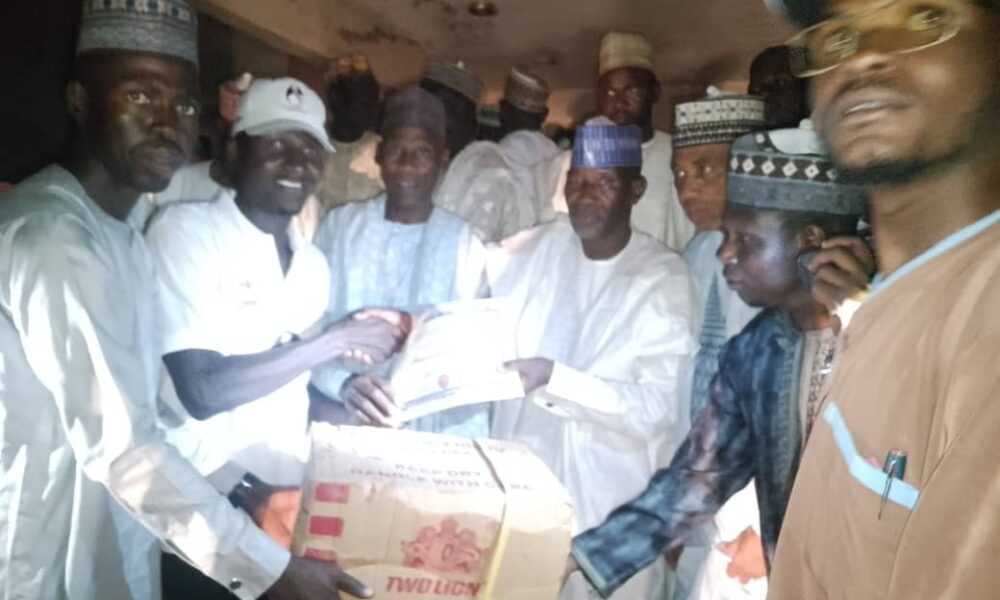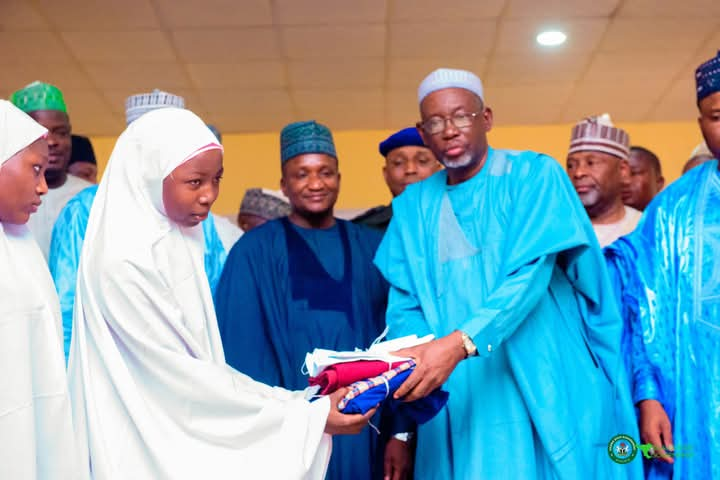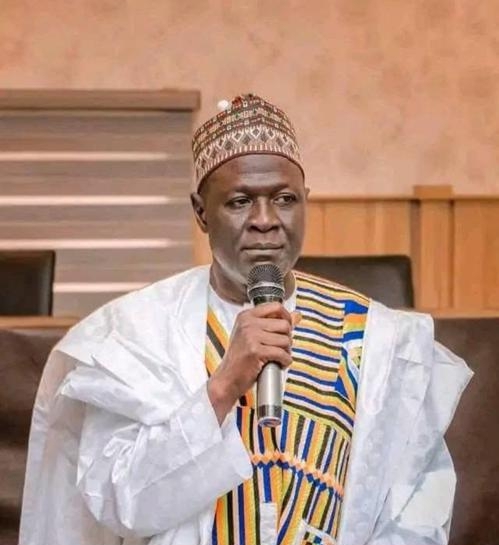By Ahmed Rufa’i, Dutse
In a bid to curb rural-urban migration and alleviate poverty, the Jigawa State Government, in collaboration with the Islamic Development Bank, has launched a desert irrigation farming scheme in the border local government areas of the state.
This was disclosed by the project coordinator, Alhaji Muhammad Imam, in an exclusive interview with National Update in Dutse, the Jigawa State capital. He explained that the initiative is part of the Jigawa Integrated Rural Development Project (JIRDeP), aimed at job creation, poverty reduction, and supporting Nigeria’s national food security policy.

Alhaji Muhammad Imam, who also serves as the Managing Director of the Jigawa Agricultural and Rural Development Authority (JARDA), stated, “This project is part of Governor Malam Umar Namadi’s 12-point agenda, specifically focusing on food security.”
According to him, 30 hectares have been designated as a pilot project in the desert areas of Maigatari, Birniwa, and Kafin Hausa local government areas, engaging local inhabitants as a strategy to control rural-urban migration.
He further revealed that the idea of dryland irrigation was initially conceived in 1975 by the then Kano State government as a response to the devastating 1973-75 drought that affected much of Northern Nigeria. However, little progress was made until 2023, when Governor Malam Umar Namadi revived the initiative and commissioned the Lallashi borehole-based irrigation scheme in the upland areas of Jigawa State.
“So far, 10 hectares of the Lallashi irrigation scheme in Maigatari Local Government Area have been developed. The dry season crops grown in the area, including wheat, maize, watermelon, and tomatoes, are now approaching harvest,” Imam stated.
He added that the project utilizes four industrial boreholes powered by solar energy, using semi-conduit and drip irrigation techniques. Currently, 80 smallholder farmers are directly engaged in cultivating 80 hectares of land. Similar projects in Kafin Hausa and Birniwa Local Governments are also nearing completion and will soon be commissioned.
To further expand upland irrigation, the 2025 budget includes allocations for additional borehole-based irrigation projects in Gumel, Sule Tankarkar, and Gagarawa local government areas.
“We have also made adequate budgetary provisions to scale up similar upland bore-based irrigation projects in other non-fadama parts of the state,” Imam noted.
He described the solar-powered borehole irrigation scheme as a testament to Governor Malam Umar Namadi’s commitment to improving the lives of Jigawa’s youth. “This project demonstrates the administration’s vision to transform agriculture, enhance food security, and empower local communities.”
According to him, hundreds of people and their households are already benefiting from the scheme as they begin harvesting their crops.
“This intervention has had a significant impact. Initially, many in the community doubted the feasibility of the project. When they first heard about the irrigation scheme in Maigatari, some believed it was impossible. But today, by the grace of Allah, what once seemed unattainable has become a reality. This project is not just a success story; it is a symbol of hope, perseverance, and visionary leadership. These achievements align with the administration’s 12-Point Agenda, particularly in the areas of food security, job creation, and rural development,” he concluded.




